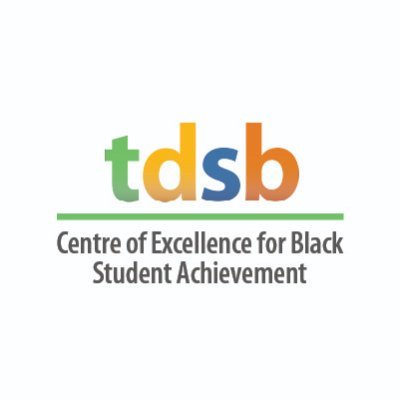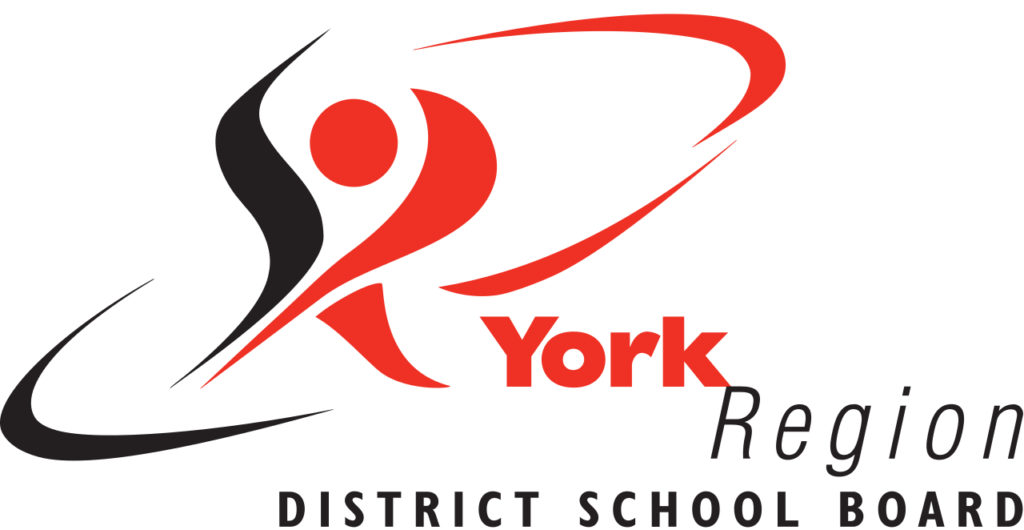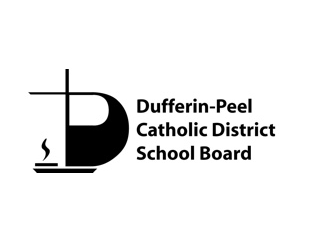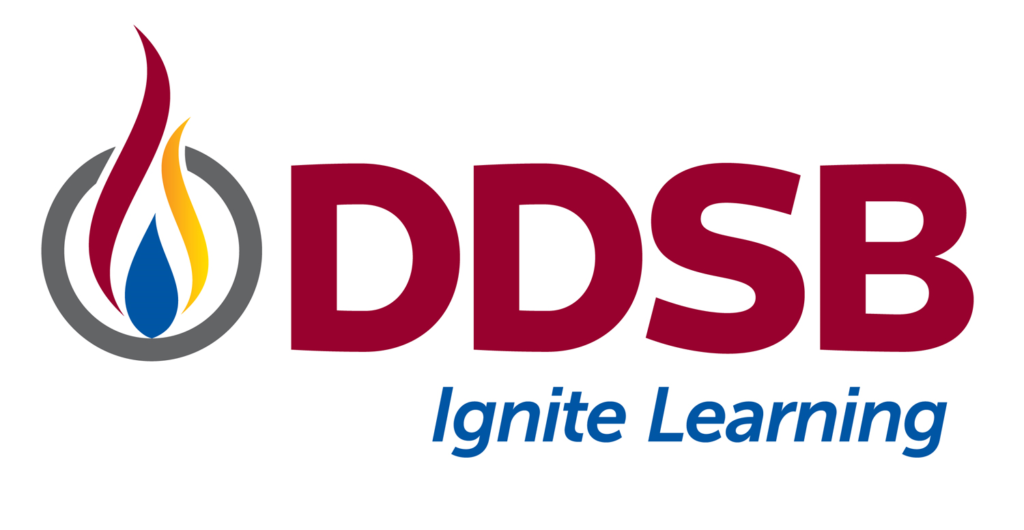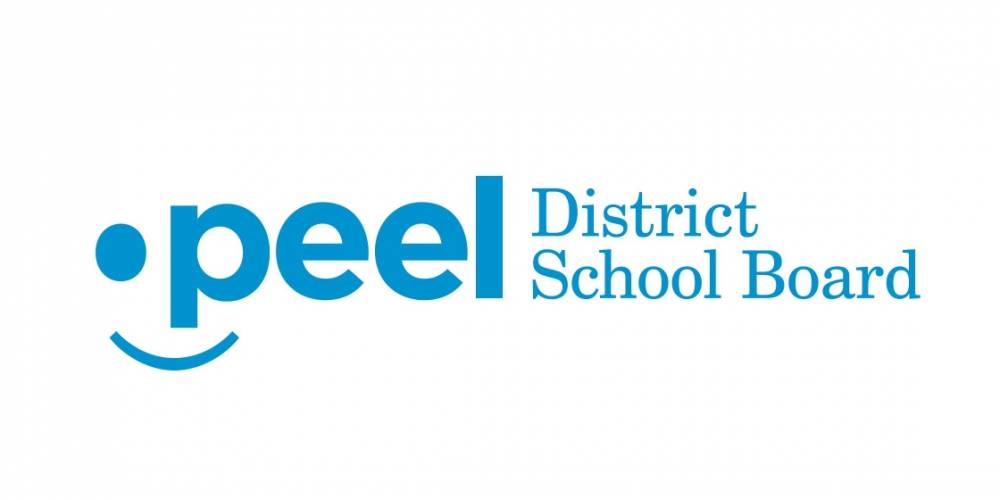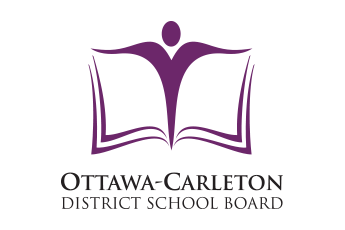FESI 2021, Reimagining and Restructuring Educational Pipelines, will explore the many ways that social hierarchies are reproduced within educational structures. Participants will reflect on all the different ways that students are sorted and stratified based on perceptions of their social identities. Pipelines ensure that social ideologies of oppression are reproduced in schools to maintain and create the oppression we see in societies. Over these few days, we will examine ideas behind these oppressive frameworks and co-constructions to disrupt, restructure and reimagine.
Schedule:
August 23-25, 2021
LOCATION: Virtual - with flexible entry points, synchronous and asynchronous
Our planning committee has envisioned a conference to allow a variety of entry points, to meet the flexible needs of our Covid realities. This year’s conference will have the following format:
DAY 1
A focus on problematizing practices. We will offer 2 pre-recorded keynote/panels that will address some of the large barriers we are faced with in allowing students to receive and experience liberatory education. Conference guests will be able to access these recordings on their own time throughout the day.
DAY 2
Participants will engage in small workshop sessions to either explore our themes deeper by revisioning practices, or will have an opportunity to join others with similar job responsibilities to speak about tensions and solutions to those challenges that pertain directly to their work. These sessions will run synchronously and will require pre-registration and limited spaces per workshop. The intention to create more intimate, interactive workshops requires that we have limitations on the total capacity of each of these workshops. There will be a host of offerings in the am and pm sessions.
DAY 3
A FESI first!
On day 3, we will engage in a community viewing of “Pushout- The Criminalization Of Black Girls In Schools”, a feature length documentary which takes a close look at the educational, judicial and societal disparities facing Black Girls. As stated on the documentary’s website, inspired by the groundbreaking book of the same name by renowned scholar, Monique W. Morris, Ed.D the documentary confronts the ways in which the misunderstanding of Black girlhood has led to excessive punitive discipline which in turn disrupts one of the most important factors in their lives, their education.

Zoomed out?
Exhausted with being or focussing on a talking head. Tired of being let into rooms, and being put into others? We hear you! FESI2021 has Bramble to enhance your conference experience!
Our Aim
Our aim is to explore the many ways proverbial pipelines operate in our educational systems:

To problematize the impacts of these pipelines 
To surface power dynamics that sustain these pipelines 
To raise collective awareness of how we might RESTRUCTURE pipelines
What Do We Mean By "Pipelines"?
When we think of the term “pipeline”, there are a number of ways this metaphor can apply to education.
Some examples include:

Streaming
Streaming is often thought of as a secondary school practice, however mechanisms for streaming and sorting happen as early as Kindergarten and pre-determine pathways that impact academic options, career pathways, quality of life, financial security, and health outcomes. The popular notion that streaming is a component of the stated curriculum that operates in secondary schools only is highly problematic as covert methods of discrimination of students based in bias, racism, ableism, and deficit thinking results in the streaming and sorting of students based on perceived academic abilities much earlier, and carry long term implications for the child’s pathway along their streamed pipeline.

Discipline
The school-to-prison pipeline has been used to refer to the disciplinary policies and patterns of socialization utilized within school settings to differentially target minority students, (particularly young African-Canadian males), away from educational success, and towards incarceration (Swain & Noblit, 2011). We will explore the ways in which discipline has been weaponized against historically oppressed students, particularly Indigenous and Black students and students with Special Education designations. These practices result in the over-policing and hyper-surveillance of certain students, pushing them out of schooling spaces and disengaging them from learning.

Monolithic Access to Professional Sectors
Traditional banking models of education place emphasis on children as empty vessels, ready to be filled with standardized learning as defined by the educators. This archaic model of teaching creates leaks in our educational pipelines, preventing many students, especially those who are racialized and minoritized from entering into many areas of professional practice. This “gatekeeping” method of teaching has also created knowledge deficits within fields where we often only see the same ideas from the same privileged identities recreated within these professional areas. Structures such as guidance and specialty programs have created a tiered education system within the public sphere where the privileged continue to access opportunities not offered to all, thereby recreating societal stratification.
We also seek to REIMAGINE pipelines as we strive for liberatory education. Liberatory education is centered around the principles for social change and transformation through education based on raising collective consciousness, understanding power imbalances and disrupting oppressive forces.
In speaking of liberatory education:
- We seek humanizing educational experiences.
- We dream of student-centered learning that is affirming of identities and diverse in practices.
- We dream of spaces that center student leadership and critical social engagement.
- We seek to emphasize and acknowledge the land as teachers and foster students’ relationships with the land.
- We dream of teaching and learning as emancipatory practices that center the knowledge(s) that children bring to classrooms.
- seek to create spaces for plurality and healing and to ensure a nurturing of the whole child.
- We dream of educational experiences that build up the child so that their unique gifts are actualized.

Contact Us
Please feel free to E-MAIL US with any questions you may have. And don't forget to follow us on TWITTER @ #FESI2021



